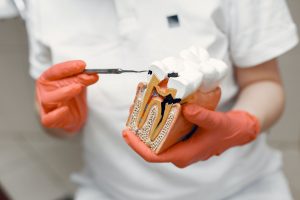
Our Dental Special Offers
We want to support our local community. So we have some special deals to ensure your teeth don’t miss out on our TLC! 30% Off
Mona Vale Dentists – Dr Richard Wilkins and Dr Malcolm Cotton
Our aim is to provide all of our patients with friendly, personalised dental treatment of the highest standard with reasonable fees. From the moment you step into our mona vale dental reception area you will feel at home. Our dental practice has been caring for Mona Vale families for over 40 years, with third and fourth generations of patients entrusting their dentistry to us

1 st Floor, Suite 28 Waratah Court, 12-14 Waratah Street Mona Vale, 2103, NSW, Australia
Do you have a dental question?
Or
Book our experienced and lovely mona vale dentists here.
Experts in Oral Health and Creating Stunning Smiles

We want to support our local community. So we have some special deals to ensure your teeth don’t miss out on our TLC! 30% Off

Welcome to the world of teeth whitening in Mona Vale, where achieving a brighter smile is as simple as enjoying a stroll along the coastal

At Smiles by the Sea – Dentist Mona Vale, we are dedicated to ensuring that your smile radiates with health and happiness. Our team of

Looking for a simple way to whiten your teeth at home? Look no further than Smiles by the Sea – Mona Vale Dentists and their

Choosing The Right Porcelain Veneers – What’s Your Best Fit? At Smiles by the Sea in Mona Vale, Sydney, we’re dedicated to providing you with

At Smiles by the Sea in Mona Vale, Sidney we understand that when you’re dealing with dental issues, preserving your natural smile is a top
| Monday | 8:30am – 5:30pm |
| Tuesday | 8:30am – 5:30pm |
| Wednesday | 8:30am – 5:30pm |
| Thursday | 8:30am – 5:30pm |
| Friday | 8:30am – 5:30pm |
| Saturday | Closed |
| Sunday | Closed |